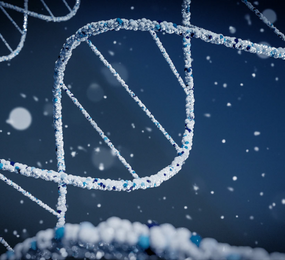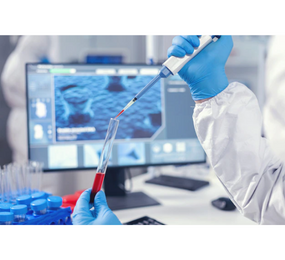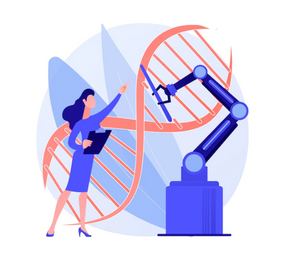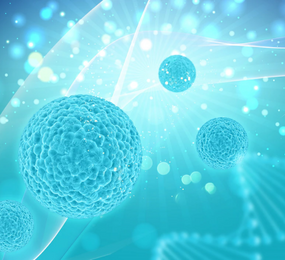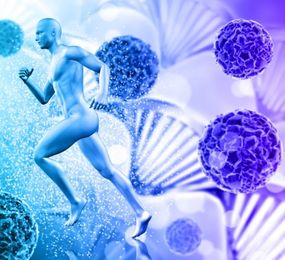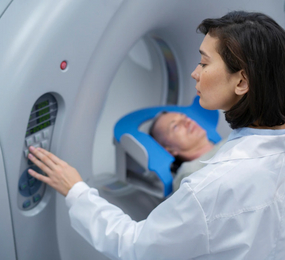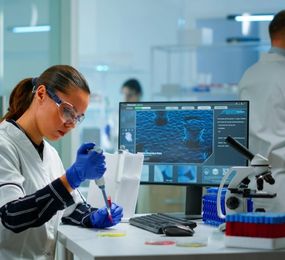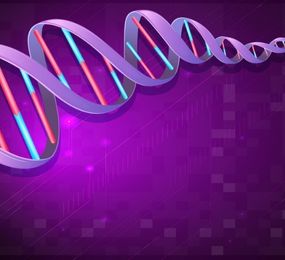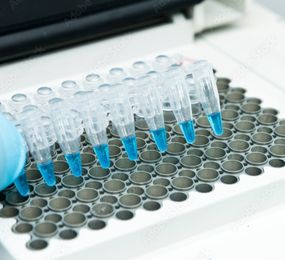The bioprocess advancement is influenced by the abilities and traits of the living cells, the performance of the bioreactor, the composition of the culture media, and the evolution of the key parameters. The sophisticated, non-linear growth and product creation kinetics that are frequently determined by the very complex metabolic networks within the cells have an impact not only on the behaviour of the bioprocess but also on the quality and yield of the final product.
Bioprocess modelling is the use of mathematical and computational models to simulate and predict the behaviour of biological systems and processes. This can include the modelling of metabolic pathways, cell growth and division, gene expression, and the kinetics of enzymatic reactions.
Bioprocess modelling can provide valuable insights into the behaviour of biological systems, allowing researchers to gain a deeper understanding of cellular processes and to optimise the design and performance of bioprocesses. For example, bioprocess modelling can be used to predict the behaviour of microbial cultures in fermentation processes, to optimise the production of valuable products such as biofuels and biochemicals, and to design new strategies for the production of therapeutic proteins.
There are many different approaches to bioprocess modelling, ranging from simple mathematical models to complex computer simulations. Some of the common methods used in bioprocess modelling include ordinary differential equation (ODE) models, partial differential equation (PDE) models, and agent-based models.
In order to develop accurate and useful bioprocess models, it is important to have a good understanding of the underlying biology and biochemistry, as well as access to reliable experimental data. The process of building and testing bioprocess models often involves iteratively refining the model based on new data and insights.
Bioprocess modelling is employed in the creation of novel biopharmaceuticals in order to maximise the production of therapeutic proteins as well as other biopharmaceutical goods. By modelling the behaviour of these processes, researchers can identify ways to improve the efficiency and yield of these processes, reducing the cost of production and increasing the availability of these important products to patients.
Want to find out more? Join industry experts on March 28–29, 2023 at the Steigenberger Airport Hotel, Berlin, Germany as they discuss Bioreactor Digital Twins - From Upstream Process Development to Online Model-based Decision Support Systems.
To register or learn more about the Forum please check here: https://bit.ly/3zxguXW.
For more information and group participation, contact us: [email protected]


